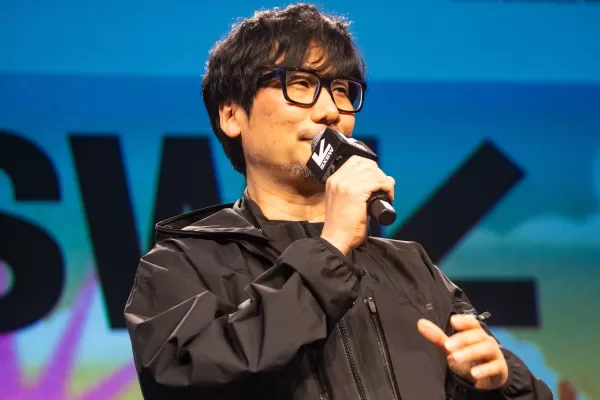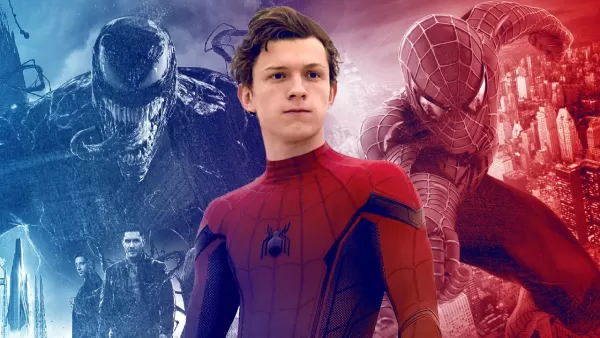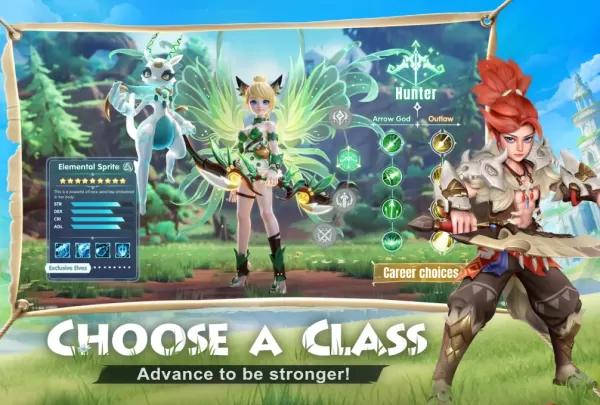The landscape of video games has evolved far beyond mere action-packed thrillers, with Hideo Kojima's groundbreaking work on Death Stranding setting a new benchmark. Released into a pre-pandemic world, Death Stranding explored the themes of division and connection through its unique narrative structure and innovative delivery-focused gameplay mechanics, pushing the boundaries of what video games could be.
As we approach the eagerly anticipated release of Death Stranding 2: On the Beach on June 26, 2025, Kojima delves even deeper into these themes with the poignant question: "Should we have connected?" This sequel comes at a time when global divisions seem to be widening, making Kojima's exploration of connectivity all the more relevant.
The development of Death Stranding 2 took place amidst the unprecedented challenges of the Covid-19 pandemic, which undoubtedly influenced Kojima's perspective on the concept of "connection." Faced with the realities of remote work, technological dependency, and altered human interactions, Kojima had to reevaluate and reconstruct his understanding of what it means to connect in today's world.
In an exclusive interview, Kojima shares insights into the philosophical underpinnings of the game's production. He discusses elements from the original game that have been carried forward and transformed in the sequel, as well as how contemporary societal issues have influenced the narrative and gameplay of Death Stranding 2.
 Hideo Kojima will soon release Death Stranding 2. Photo by Lorne Thomson/Redferns.
Hideo Kojima will soon release Death Stranding 2. Photo by Lorne Thomson/Redferns.








